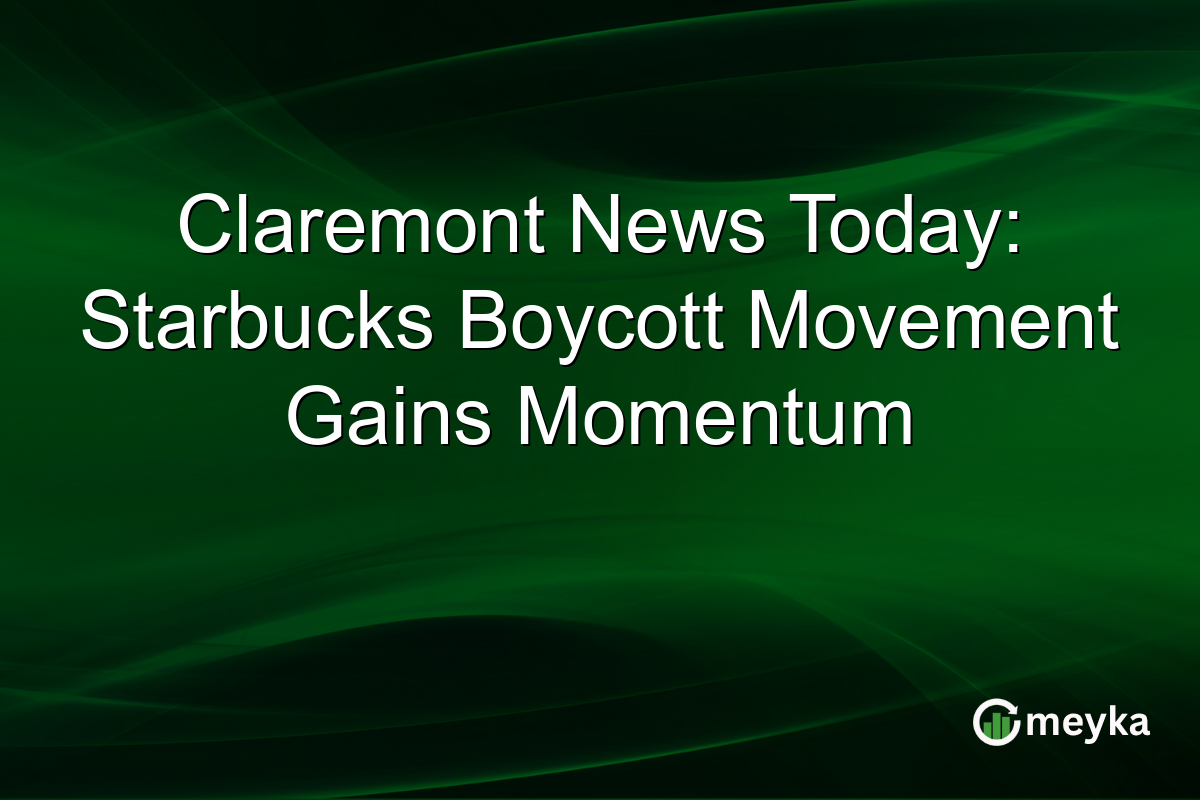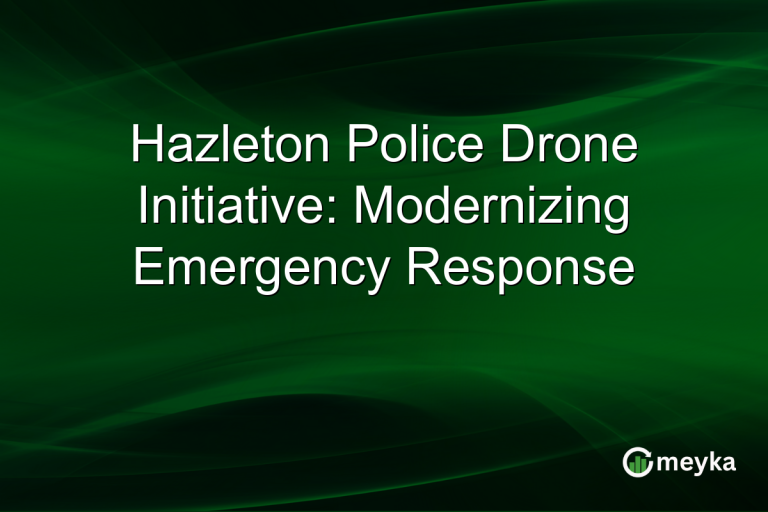Claremont News Today: Starbucks Boycott Movement Gains Momentum
The Starbucks boycott at Pomona College in Claremont is gaining steam, aligning with broader national trends. Recently, Café 47 switched suppliers, a move that intensified local and national interest. This action underscores the growing influence of labor organizing groups, which are challenging corporate giants like Starbucks.
The Rise of the Starbucks Boycott
The Starbucks boycott at Pomona College stems from dissatisfaction with the company’s corporate practices. Labor organizing groups argue that Starbucks has not sufficiently addressed labor rights concerns. The boycott gained traction when Café 47, a popular campus spot, decided to source its coffee from local and ethical suppliers instead of Starbucks. This local action reflects the larger national trend where communities and institutions seek to hold corporations accountable for their labor practices. Discussion on Reddit highlights the movement’s traction.
This local push is part of a wider wave of anti-Starbucks sentiment. Critics argue that, despite its progressive image, Starbucks struggles with internal labor issues, including unionization efforts. This growing discontent has rippled through various educational institutions, amplifying calls for ethical partnerships.
Impact on Corporate Partnerships
Café 47’s decision marks a critical point in the Starbucks boycott, prompting other institutions to reassess their corporate affiliations. Labor organizing groups have leveraged this momentum to advocate for broader changes. Pomona College students and faculty are increasingly vocal, pushing for transparency and ethical sourcing in corporate partnerships.
This shift signals a potential change in how institutions navigate supplier relationships, particularly as students become more socially conscious. Corporate giants like Starbucks face growing pressure to adjust their practices or risk alienating key partnerships, especially within the academic sphere.
Labor Movements and Their Growing Influence
Labor movements are exerting significant influence on corporate America. The Starbucks boycott at Pomona College is a testament to their ability to affect change. By targeting high-profile brands, labor organizing groups spotlight the importance of worker rights and ethical employment standards.
The push against Starbucks showcases the effectiveness of grassroots campaigns in initiating dialogue and action. As these movements gain strength, companies are compelled to address their practices more transparently and align with ethical expectations of today’s consumers. This influence extends beyond Starbucks, affecting corporate strategies across various industries.
Final Thoughts
The Starbucks boycott at Pomona College is more than a local issue; it reflects a broader trend challenging corporate behaviors across the nation. With labor organizing groups driving the conversation, institutions are re-evaluating their partnerships, demanding ethical practices. Companies like Starbucks must address these concerns, or risk losing key partnerships and facing continued public scrutiny. As labor movements continue to grow, their impact on corporate policies will become increasingly pronounced, shaping the future of how businesses engage with communities and the workforce.
FAQs
The boycott began after Café 47 decided to switch from Starbucks to a local, ethical coffee supplier. This change was motivated by concerns over Starbucks’ labor practices.
Labor organizing groups are central to the movement, advocating for better worker rights and ethical sourcing practices. Their influence has spurred local and national action against Starbucks.
The boycott encourages institutions to rethink their supplier relationships, emphasizing ethical sourcing and transparency, potentially impacting corporate strategies of companies like Starbucks.
Disclaimer:
This is for information only, not financial advice. Always do your research.






